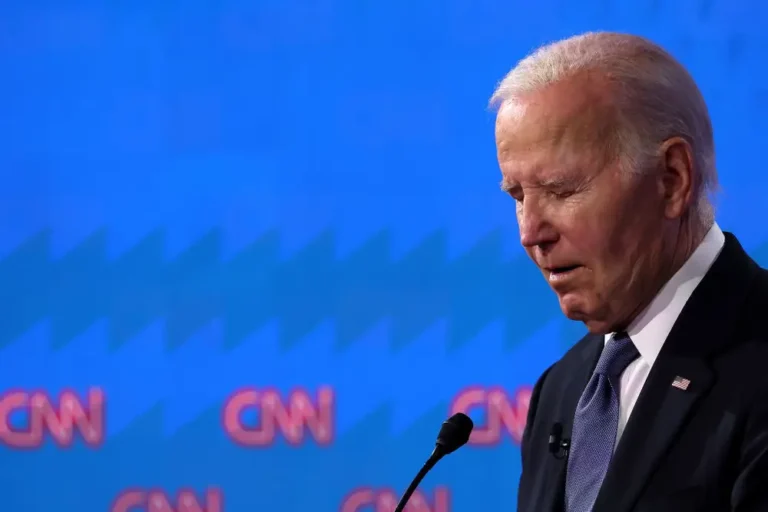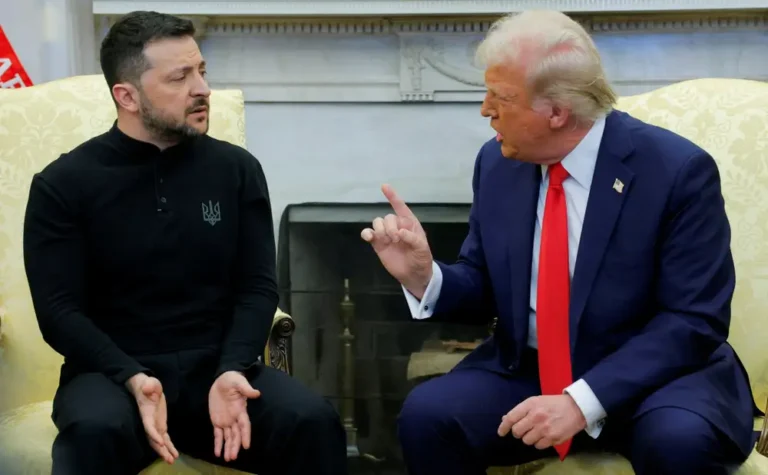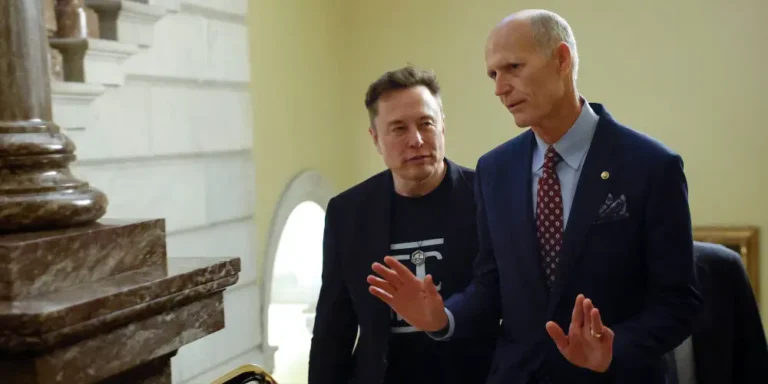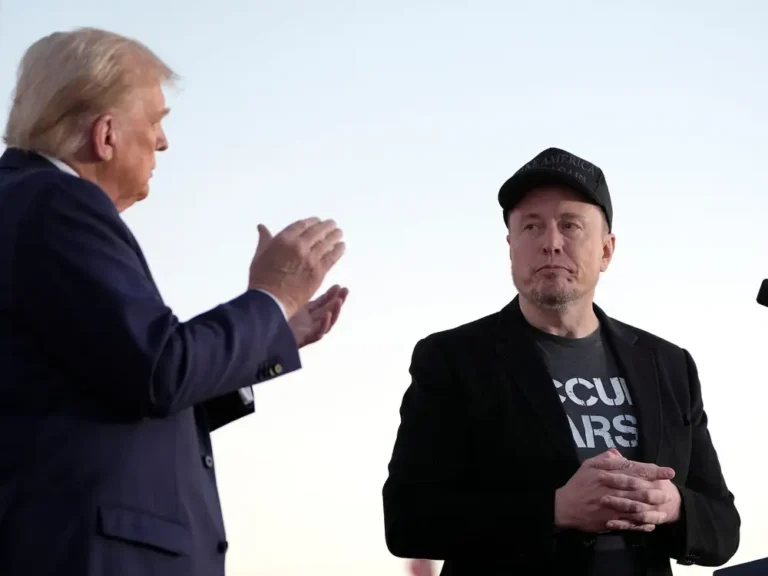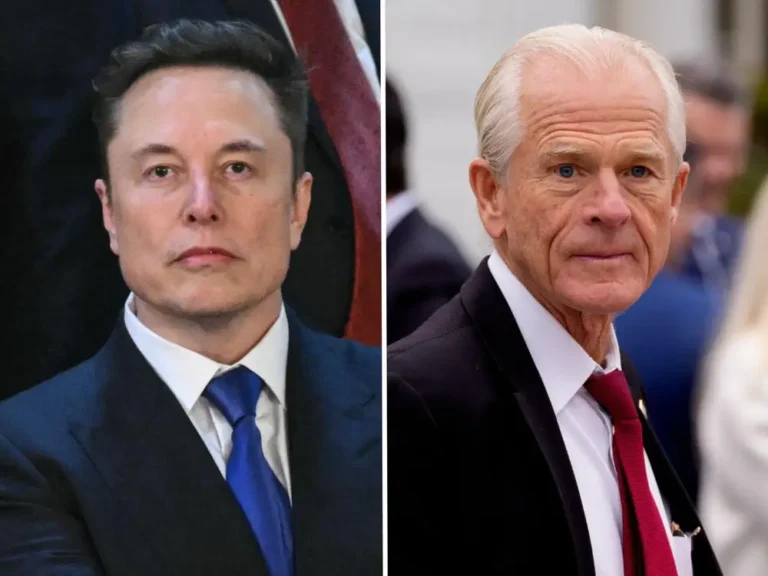Trump’s pick for ‘border czar’ gives a peek into his plan for a mass deportation
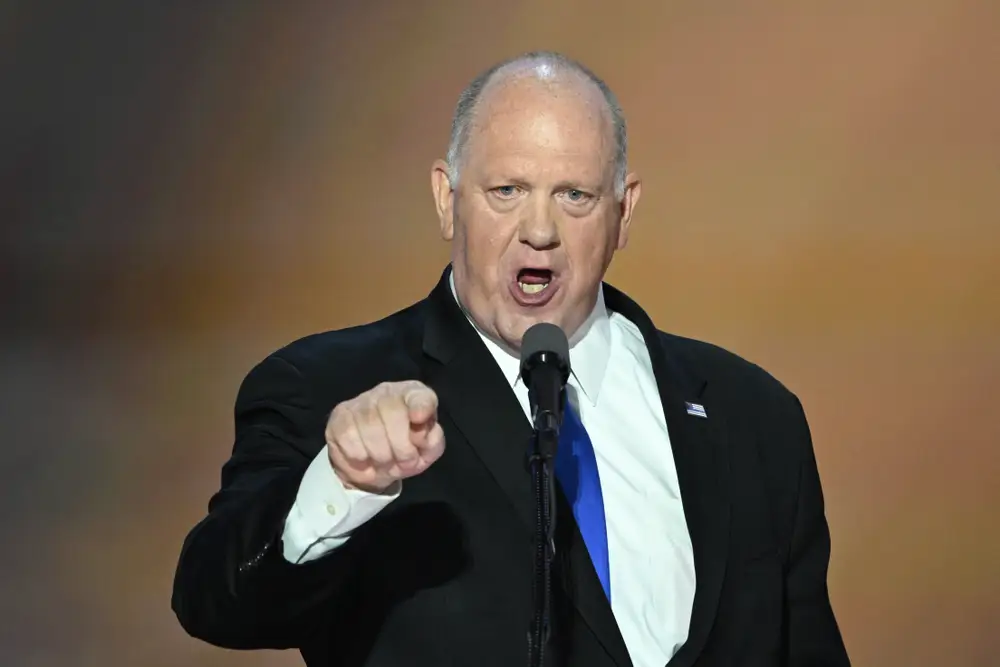
President-elect Donald Trump tapped Tom Homan to be his “border czar.”
President-elect Donald Trump announced on Sunday he named Thomas Homan to direct what he has called the nation’s largest mass deportation effort in history.
Homan would act as Trump’s “border czar” after previously serving as Trump’s first acting director of US Immigration and Customs Enforcement.
“I’ve known Tom for a long time, and there is nobody better at policing and controlling our Borders,” Trump posted on Truth Social. “Likewise, Tom Homan will be in charge of all Deportation of Illegal Aliens back to their Country of Origin. Congratulations to Tom. I have no doubt he will do a fantastic, and long awaited for, job.
Trump said Homan would be in charge of border, maritime, and aviation security. Trump did not elaborate on the exact details of Homan’s role.
The Trump-Vance transition team did not immediately respond to a request for comment.
Homan worked as a Border Patrol agent before rising to become executive associate director for enforcement and removal operations at ICE under former President Barack Obama.
Homan said in an October “60 Minutes” interview that mass deportations have to be done “on the heels of [a] historic illegal immigration crisis,” saying that this won’t be “a mass sweep of neighborhoods” or “building concentration camps.” Homan said that arrests will be targeted due to “investigative processes.” He added that work-site enforcement operations will occur, which the Biden administration halted.
“It’s where we find a lot of trafficking cases, women and children who are forced into forced labor to pay off their smuggling fees,” Homan said in the interview.
Throughout his 2024 campaign, Trump spoke about how he would deport millions of immigrants who are in the US illegally, aiming to increase citizen safety, boost job opportunities for native-born workers, and lower housing costs. Trump’s campaign never elaborated on how exactly mass deportations would work, though The New York Times reported that Trump would reassign federal agents and recruit from local police forces for larger and more widespread ICE raids.
The Wall Street Journal reported that Trump is expected to sign an executive order ordering agencies, including the Department of Homeland Security, to begin those deportations. The Journal also reported that Trump’s team has discussed how to finance mass deportations, which the American Immigration Council estimated could cost as much as $315 billion between detainments, arrests, legal processing, and removals.
The first Trump administration carried out about 1.5 million deportations, the Migration Policy Institute reported.
Last month, B-17 interviewed over a dozen economists, mayors in swing states, and immigrants in the US illegally about what mass deportations could mean for the economy and local communities. Most agreed that mass deportations could increase inflation, lower GDP, and negatively impact the job market over the next few years.
“We really don’t see much evidence of substitution between unauthorized immigrants and US-born people at all,” Chloe East, a fellow at the Brookings Institution, previously told B-17. “That’s partly because the jobs that unauthorized immigrants are willing to take are lower-paying, are more dangerous, and are less desirable for other reasons.”
Trump has begun filling roles in his incoming administration, such as selecting New York Rep. Elise Stefanik as US ambassador to the United Nations and Susie Wiles as White House chief of staff.

